

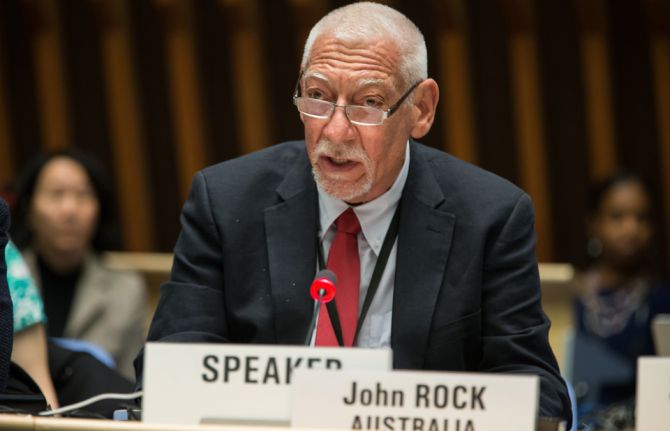
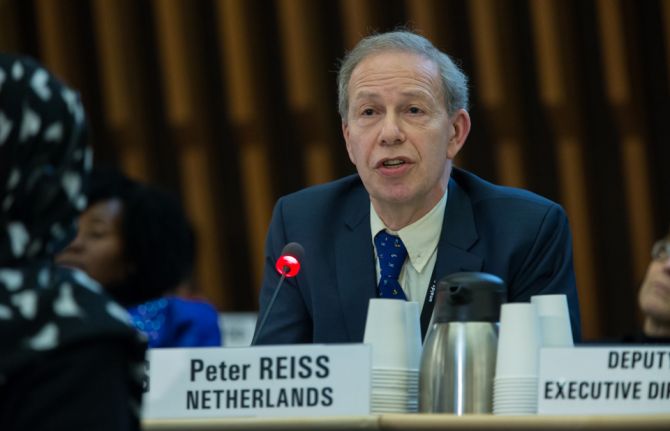
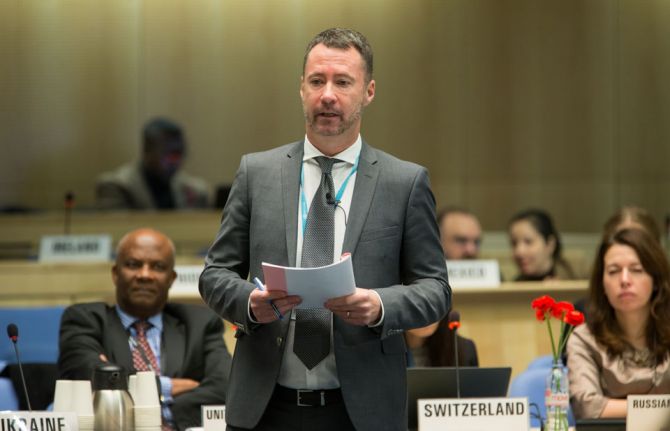
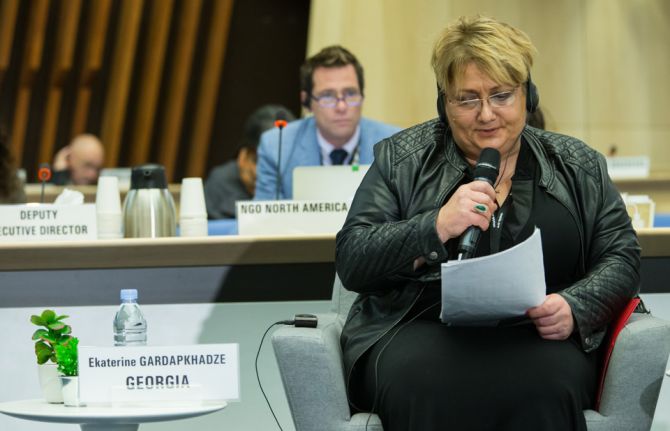
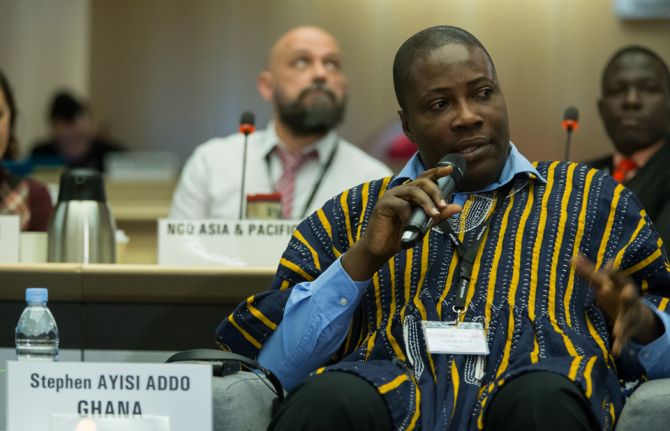
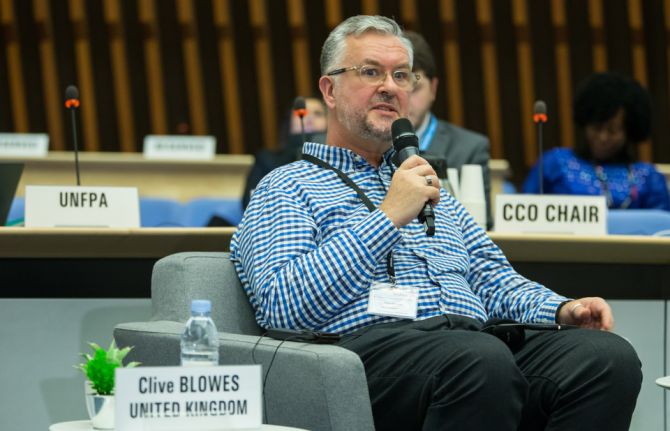
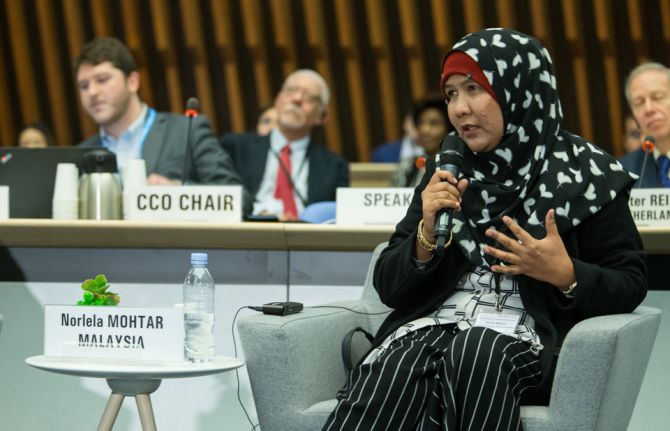
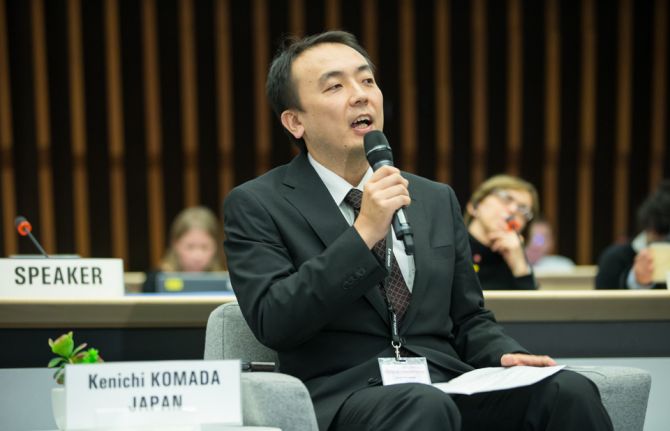
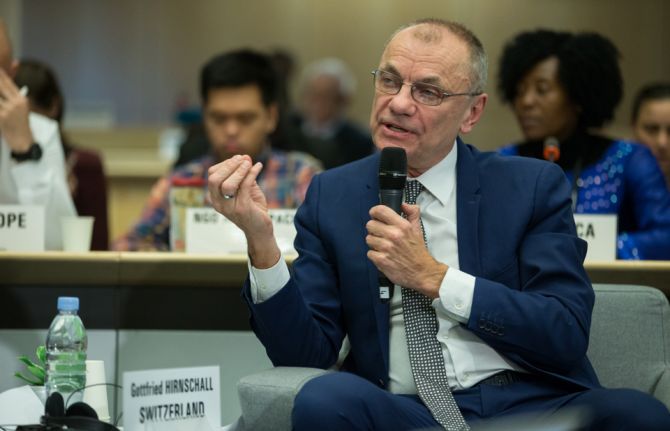
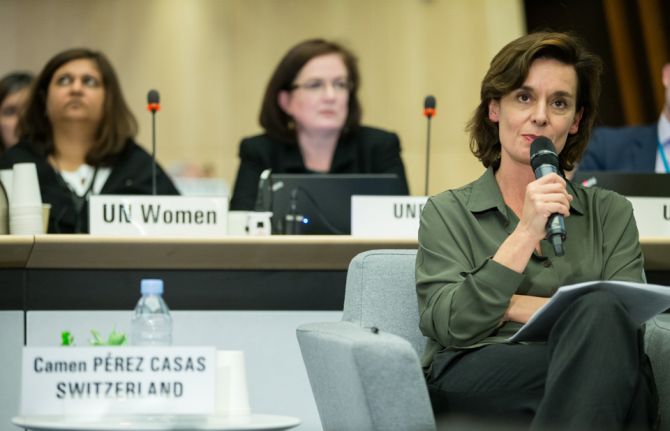
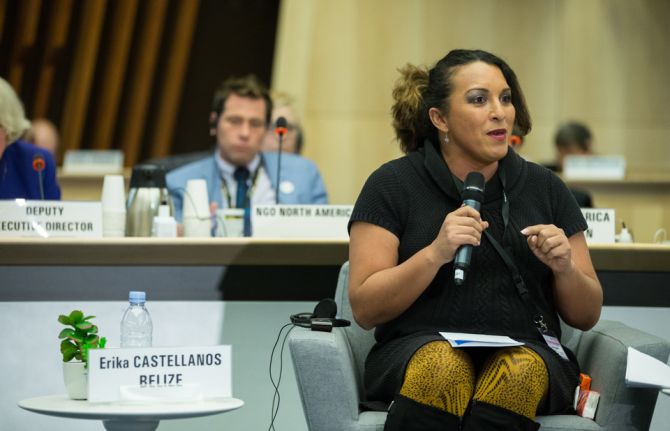
Update
UNAIDS PCB session on ageing and HIV reaffirms that an ageing population of people living with HIV is a measure of success
12 December 2016
12 December 2016 12 December 2016On 8 December, the thematic session of the 39th meeting of the UNAIDS Programme Coordinating Board (PCB) focused on ageing and HIV.
Out of 36.7 million people living with in 2015, 5.8 million were aged 50 years and older. With the expansion of access to treatment, more people living with HIV are surviving and ageing.
The PCB thematic session brought together representatives of civil society, governments and development agencies to explore the experiences of people living with HIV older than 50 years of age and to learn lessons from health, community and social protection systems for older people.
A successful AIDS response must continue to expand treatment access equitably, by providing people-centred, age-sensitive and integrated health services. Moreover, people living with HIV must be supported to lead long and healthy lives, and people over 50 years of age should have equal access to social protection, employment and social integration.
The thematic session also explored the HIV vulnerabilities for people over 50 and the importance of age-sensitive prevention, testing and linkage to care programmes. People over 50 have the same prevention needs as younger people.
The diversity of people over 50 years old was a theme that emerged throughout the session. There was a call for treatment, prevention, care and support services that acknowledge and respond to the specific needs of older people who use drugs and older sex workers, gay men and other men who have sex with men and transgender people.
Also explored during the session was how to learn from the experiences of people living with and/or at risk of HIV over 50 years old and how to apply those lessons learned for an effective AIDS response. The participants confirmed the need for a life-cycle approach and a well-equipped system for health that anticipates and meets the needs of people living with and at risk of HIV as they age.
Future work includes research on the physical effects of ageing with HIV, the long-term effects of antiretroviral therapy and innovations to ensure uninterrupted and quality treatment access for all.
The meaningful engagement of older people living with HIV can support national, regional and global responses to HIV to ensure that older people living with HIV live long and healthy lives.



